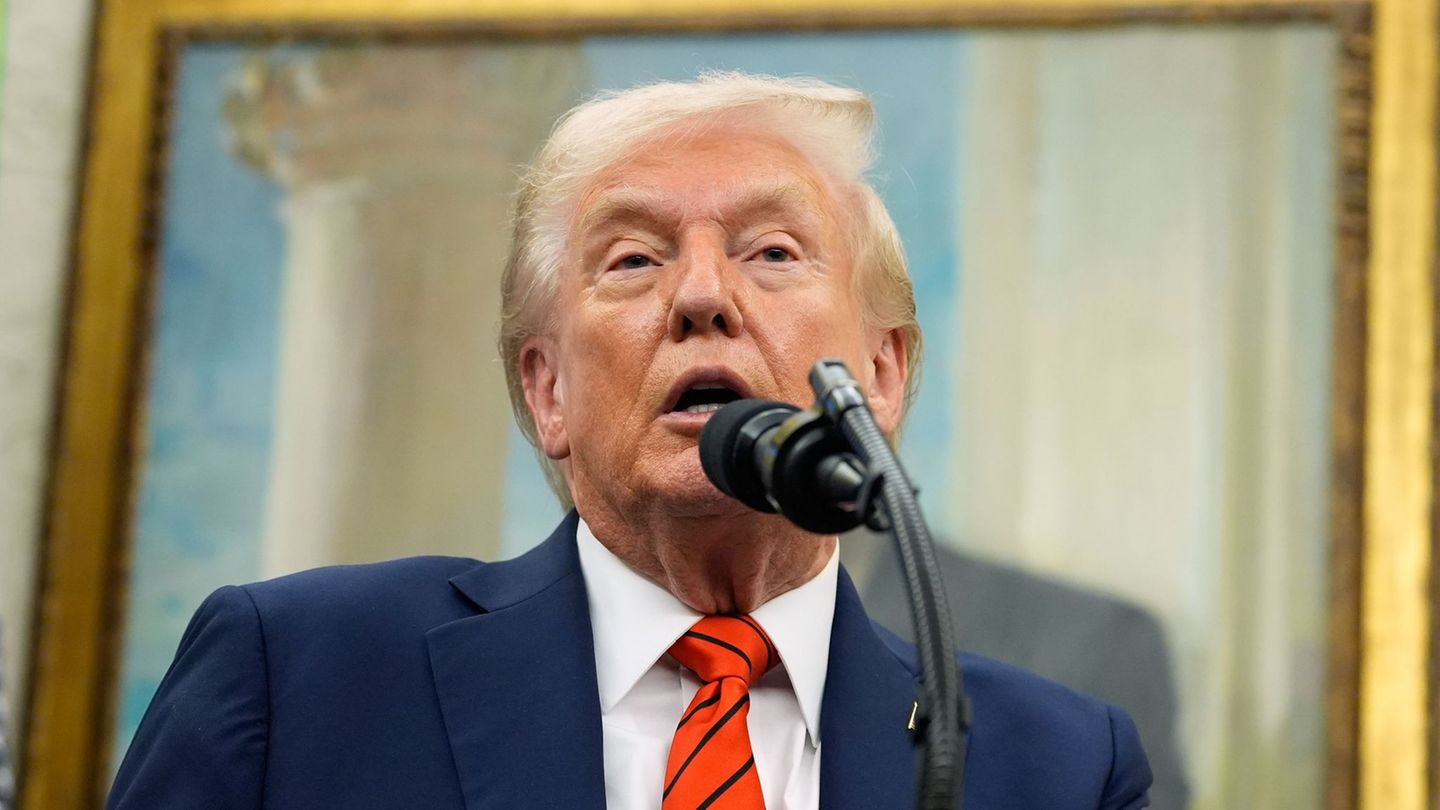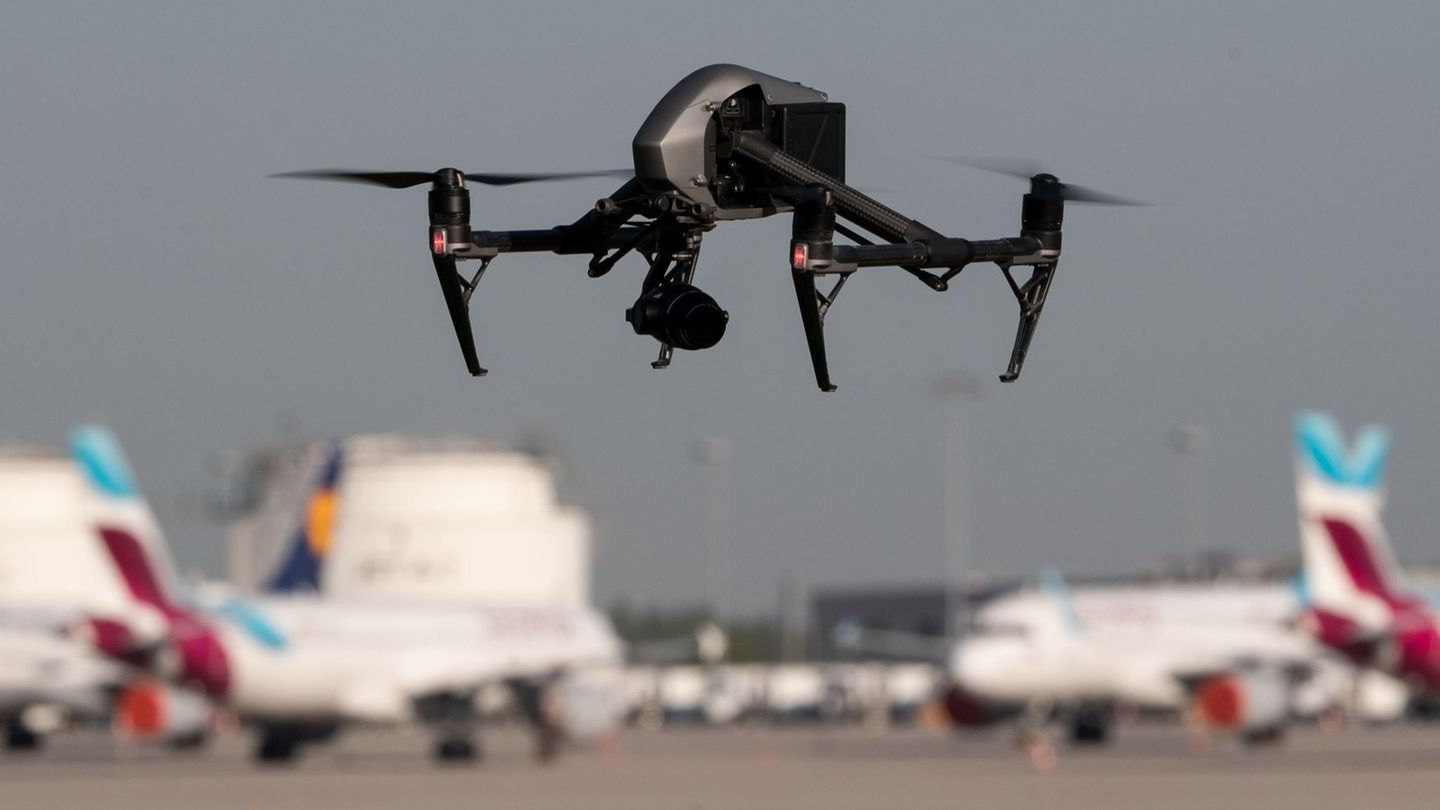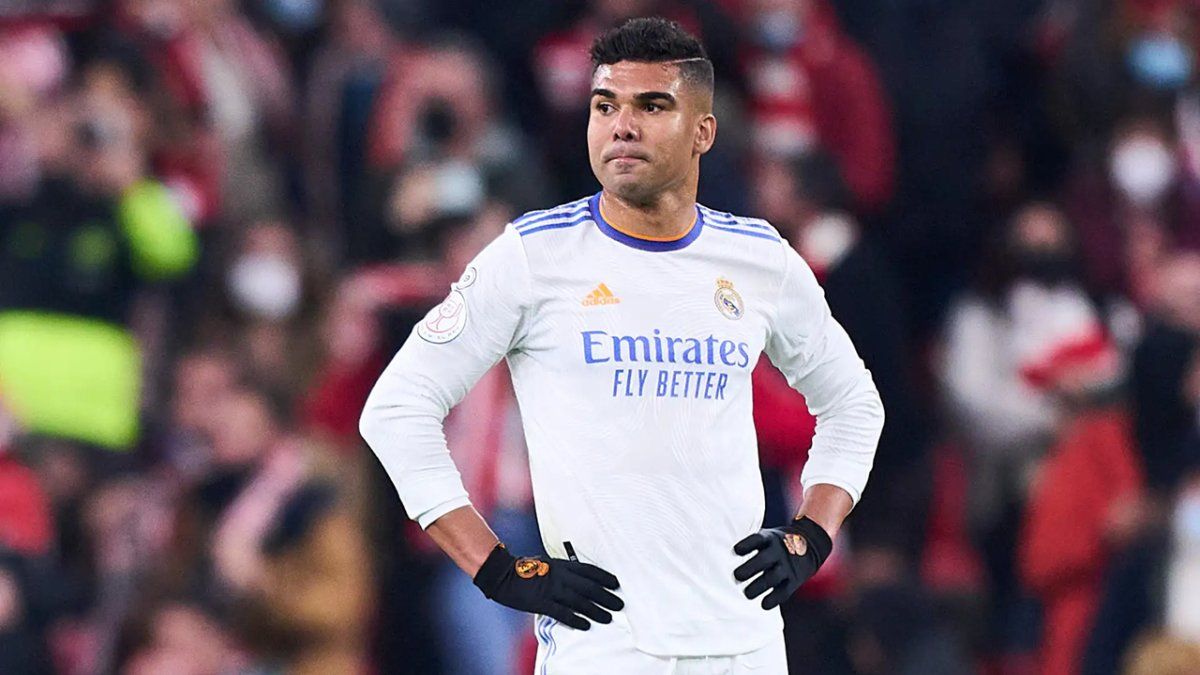Confidence in the regime’s ability to form a pact has been severely damaged, “and the truth is that we have maneuvered ourselves into this dangerous dependency and openness to blackmail.” You have to get out of this. Everyone can contribute something, we all “have to get going”.
“Why should we freeze in winter because of a war that doesn’t concern us?” many would ask, says Van der Bellen. But “the war concerns us because it is also an attack on our way of life, on our democracy, our identity and our future”. Every cubic meter of gas is used by Russia to divide Europe. The sanctions that Europe has issued as a unit would work. As a neutral country, Austria is “always ready to make its good diplomatic services available for negotiations,” he emphasized, but “unfortunately I have the impression that there is currently no interest in real negotiations.”
“All those who think that we should make a deal with Russia now, that we can ignore the brutal attacks, that we should lift the sanctions and that we should look to ourselves first and foremost, I ask: And how long will the deal last me Russia? One winter? Really that long? Then what?”. Rather, it is important to get out of the self-inflicted dependency. That means, among other things, investing in renewable energy and saving energy.
“It’s not easy at all, it requires hard work.” Independence, freedom and peace cannot be taken for granted, they must be defended “and it is up to all of us to make a contribution,” he demanded. Everyone should ask themselves: “What is it worth giving up today so that my children and their children can have an independent, free and peaceful future”. If you help each other in “good Austrian tradition” and look at each other, he is “despite everything full of confidence that we can do it,” said Van der Bellen.


View picture gallery
Bures: “No empty announcements”
The second President of the National Council, Doris Bures (SPÖ), also called for cohesion and fair balance in society. It now needs “no empty announcements and no propaganda”. You need “less I, more you, less egoism, more empathy”. Referring to the theme of this year’s Bruckner Festival “Visions”, she said that visionaries “have never had it easy”. They were often mocked, reminding her of Nobel Peace Prize winner Bertha von Suttner. Standing up for peace does not mean submitting to violence, but defying it. “War is always a crime, and overcoming it remains the most important goal of civilizational progress,” Bures said.
Stelzer: “Common answer”
Upper Austrian Governor Thomas Stelzer (ÖVP), who recently repeatedly questioned the sanctions against Russia, said people were worried about how they could afford what was previously taken for granted. Politicians are required and the state will “have to do more” to maintain prosperity and social balance. Europe must give a common answer, “our goal must be that the guns are silenced as quickly as possible.” This also includes talking to each other, but also tolerating different points of view. “Questions about the future almost call for controversy,” says Stelzer.
The traditional speech was given by the Swiss sociologist Jean Ziegler. The 88-year-old former UN Special Rapporteur on the right to food is one of the world’s leading critics of globalization. He obligated the audience to do something about hunger in the world, which will be massively intensified by the war in Ukraine.
Ziegler’s speech verbatim:
The classical music festival, which lasts until October 11, is entitled “Visions – Bruckner and the Modern Age” this year and is dedicated, among other things, to the composer’s influence on posterity. There have been events since September 4th, the 198th birthday of the patron saint, but the grand opening concert will not take place until Sunday. The evening will feature the Linz Bruckner Orchestra under Markus Poschner and the Latvian violinist Baiba Skride.
Source: Nachrichten




